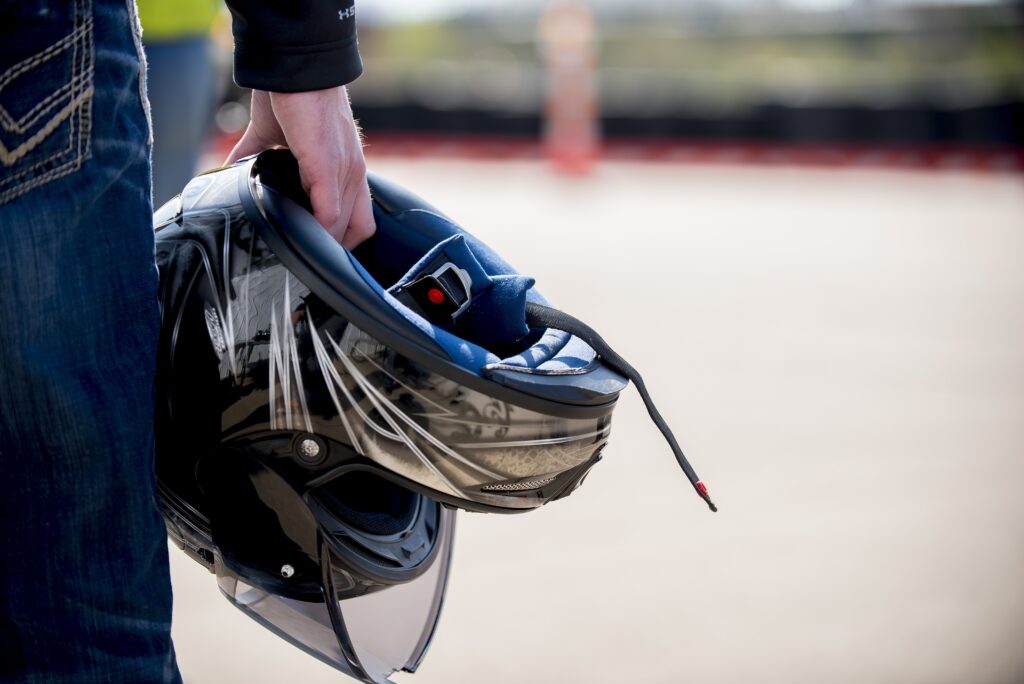Motorcycle riders in Texas often become victims of road accidents. Despite safe driving and protection gear, the heavy traffic can impact motorcycles and leave the riders with severe injuries. If you regularly commute on your motorbike and want to ensure your thorough legal safety, knowing the motorcycle helmet laws and their impact on accidents in Texas is crucial. Here is everything you need to know before seeking help from a motorcycle wreck lawyer in Houston.
Motorcycle Helmet Laws in Texas: An Overview
In Texas, the helmet laws are specific for every rider. Riders under 21 must wear helmets wherever they go using a motorcycle. Please keep in mind that a helmet does not compensate for the need for a driver’s license. For riders above 21, there is no requirement for wearing a helmet provided that they have completed a safety course or have proper motorcycle insurance.
Despite what the local laws suggest, a general rule to ensure your safety in road accidents is to wear a helmet in all circumstances.
How Can Using a Helmet Affect Injury Claims?
While the state’s laws do not require riders over 21 to wear helmets (given that they meet the specified criteria), not wearing a helmet can have an impact on their personal injury claims. If you are involved in a motorcycle accident while not wearing a helmet, insurance adjusters and juries may consider your lack of helmet use when determining fault and damages.
Such scenarios may lead to lower financial compensations (from insurance providers) and partial fault on your end. The best way to seek full compensation for your losses is by consulting a motorcycle wreck lawyer in Houston.
Contributory Negligence and Damages
There is a modified comparative negligence law in Texas that suggests that a victim found partially at fault (in an accident) may not be able to claim full damages. Not wearing a helmet can be seen as contributory negligence and affect your ability to recover fully.
What Are the Exceptions for Motorcycle Helmet Laws Usage?
As stated earlier, riders over 21 have the option to not wear a helmet on motorcycles provided that they meet certain conditions. Here are the details of those requirements.
- You must complete an approved motorcycle training course.
- You must have health insurance that covers motorcycle accident injuries.
- In certain places, helmet laws may be linked to insurance requirements, allowing riders with certain levels of coverage to opt-out of wearing a helmet.
Fulfilling these conditions may not be feasible for everyone. The best way, as a motorcycle wreck lawyer in Houston might suggest, is to wear a helmet regardless of your age. You can ensure your safety by avoiding severe impacts like head, neck, and facial injuries.

Need Legal Advice? Cox Pradia Can Help!
The above information highlights all you need to know about the helmet laws and their impact on personal injury claims in Houston. If you need expert assistance in taking legal action, the Cox Pradia legal team can help you. Get in touch with us today to discuss your motorcycle accident case and take the next step.
Contact Cox Pradia for expert advice and advocacy regarding motorcycle helmet laws. With a deep understanding of legal nuances and a commitment to rider safety, Cox Pradia offers invaluable support to individuals navigating helmet regulations. Whether you’re seeking clarification on state-specific laws, exploring your rights as a motorcyclist, or need representation in helmet-related cases, their experienced team is ready to assist. We prioritize client communication and strive to ensure that every rider receives personalized attention and effective legal solutions. Trust in our knowledge and dedication to uphold your rights while promoting motorcycle safety. Contact us today to secure comprehensive legal counsel and protect your interests on the road.
